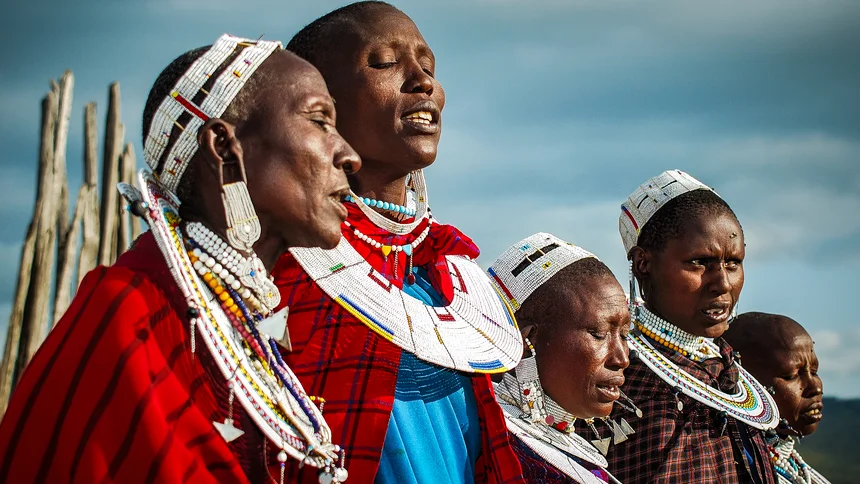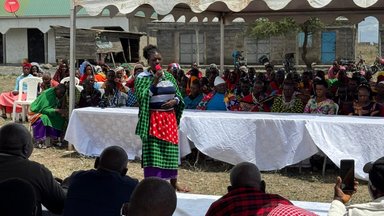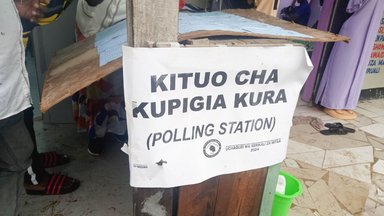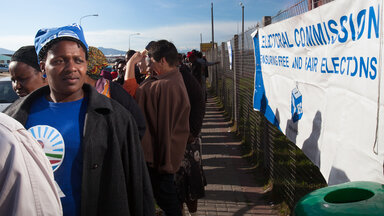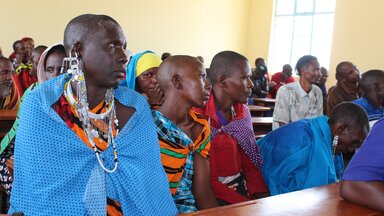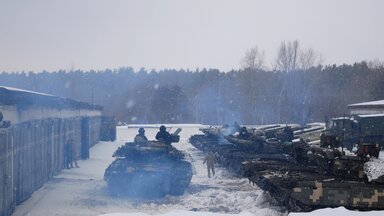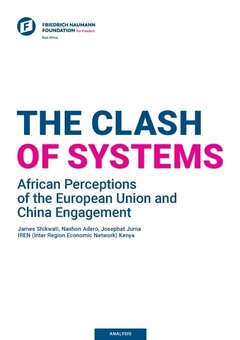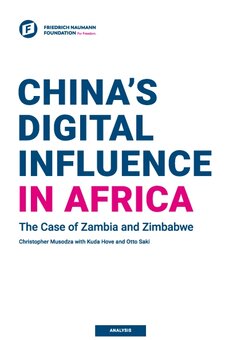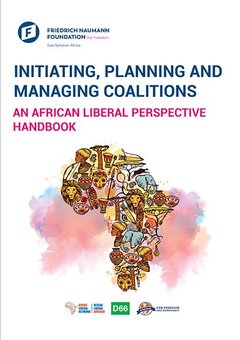Dar es Salaam
In East Africa, the Friedrich Naumann Foundation for Freedom has been managing projects in Tanzania and Kenya from 1991. Since the early 1990s, Tanzania has been going through a political and economic transition process towards a pluralistic political system and a free market economy.
The Foundation supports its partners to build political leadership and party structures. We assist in strengthening civil society for democratic legitimate governance that guarantees and protects freedom of opinion, freedom of assembly, accountability and that creates opportunities for development and growth. The Foundation supports political partners to foster pluralistic societies and multiparty political
News
-
Safe community for development
In Tanzania's Siha district, a groundbreaking initiative is challenging the deeply rooted practice of Female Genital Mutilation within the Maasai community. Led by FNF and KWIECO, the Safe Community for Development project is more than a fight against FGM—it’s a movement for human rights and community empowerment. Watch our short film showcasing inspiring stories of resilience, hope, and activism as communities break the silence on FGM.
-
How education, entrepreneurship are ending FGM in Siha District
THE reduction of FGM in Siha District, particularly in its pastoralist communities, is a direct result of collaborative efforts between the Tanzanian government and key stakeholders. These initiatives have primarily focused on raising awareness, promoting education on human rights and providing sustainable alternatives to the harmful tradition. One of the most successful aspects of this movement has been the role of education, delivered by organisations like the FNF in partnership with KWIECO.
-
A myth of free and fair elections: Reflections from the hospital’s window
From a hospital bed, Dr. Nasra Nassor Omar reflects on Tanzania's marred local government elections, rife with voter suppression, fraud, and violence. She recounts attacks on colleagues like Erick Yugalila Venance and the erasure of opposition candidates. Watching life outside her window, Omar draws strength from the resilience of Tanzanians who stood against corruption. Despite the pain, she grapples with democracy’s worth, concluding that the fight for justice and equality is essential.
-
Tanzanian Maasai voices in transformative bid to tackle early marriages and GBV
Traditional female circumcisers abandon their tools and to join hands with women and male elders to end risky traditional practices. They now favour transformative socio-economic empowerment, a decision that is significantly changing the face and fate of women and girls in their community. This collective effort is fostering a safer and more equitable environment, heralding a new era of health, education, and opportunity for future generations.
-
A Critical Third-Eye Lens
As a Shadow Minister for Foreign Affairs and East African Cooperation at ACT Wazalendo, my journey into the world of electoral observation has been a transformative one. Coming from the historical hub of election chaos in Zanzibar, I had the opportunity to participate in an International Election Observer Mission in South Africa from 24th to 31st May 2024, which proved to be a profound learning experience. This article aims to share the insights and lessons I've gathered, while exploring the nuanced and flexible nature of democracy across the African continent.
-
Save the girls
Find out how a foundation project with KWIECO is supporting the Maasai community on Kilimanjaro to overcome the cruel tradition of genital mutilation. Despite the ban, girls are circumcised at Christmas time. Read the moving story of Nanyori and the courageous change in her village.
-
The Perception of the Ukraine War Among African Populations
A survey commissioned by the Friedrich Naumann Foundation for Freedom finds that 77% of Tanzanians are against Russia’s invasion of Ukraine, despite the government’s refusal to condemn the war at the UN. The finding is reflective of a broader pattern across Eastern and Southern Africa, which highlights the increasing disconnect between citizens views, and the actions, or lack thereof, of their representatives at the national level.
Social Media
Focus
Publications
Most popular
-
Agreement with the IMF - important milestone for Argentina's resurrection
Argentina -
“Fighting Starts When Talking Stops”: The South China Sea Conflict in the Light of a New US Foreign Policy
US Foreign Policy -
A Bold move or the end? The DA, the ANC, and the Value Added Tax (VAT) strains on the Government of National Unity
South Africa -
Stories of MENA: Sally Al-Naeem
Stories of MENA
